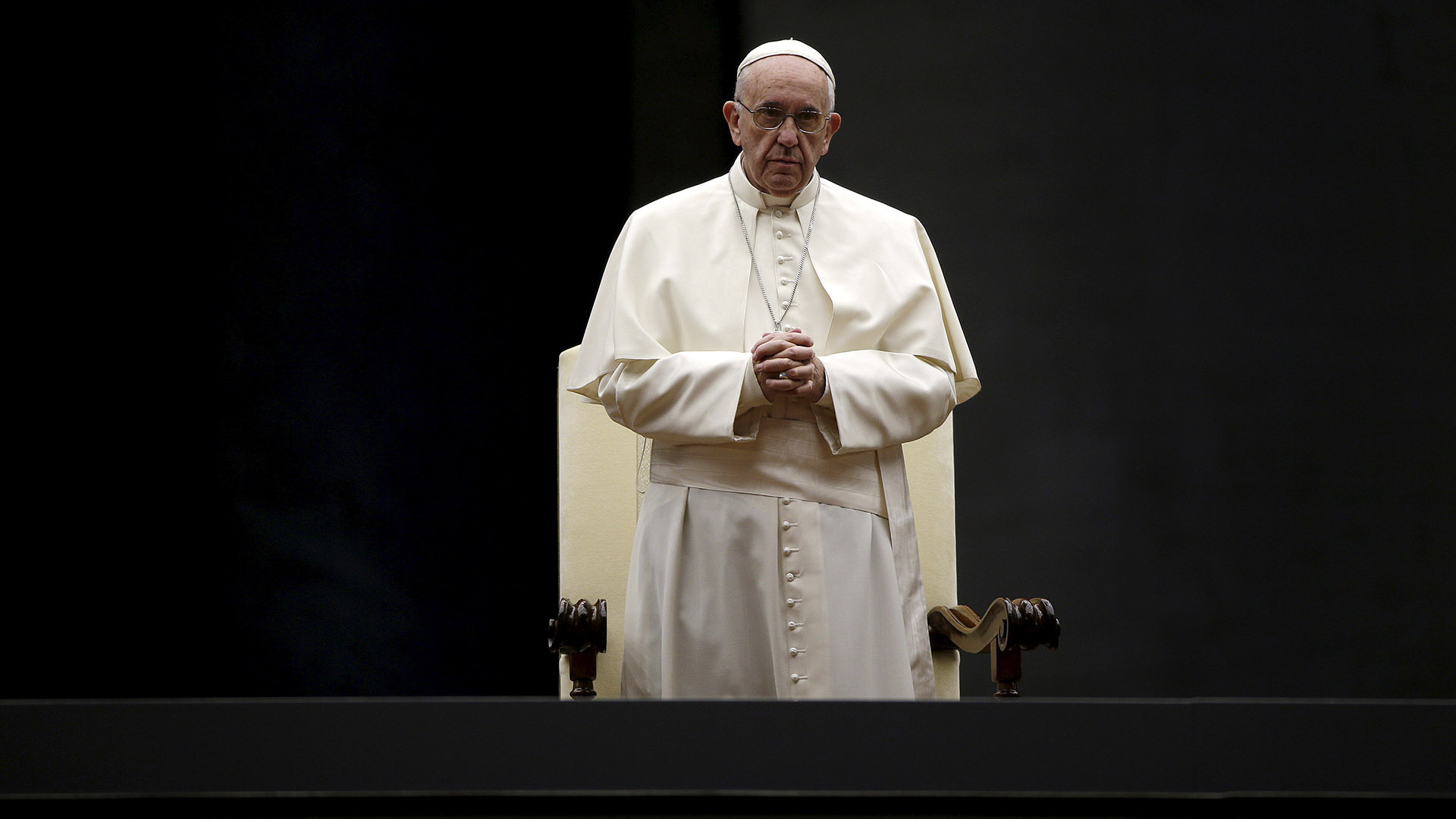Breaking: Pope Francis - A Transformative Pontiff Who Reshaped Modern Catholicism

Pope Francis Passes Away, Vatican Confirms
In a somber moment that will resonate throughout the global Catholic community, Pope Francis has died, marking the end of an extraordinary papal legacy that transformed the modern Catholic Church. The Vatican officially announced his passing today, sending waves of grief and reflection across the world.
Pope Francis, born Jorge Mario Bergoglio in Argentina, was a pontiff known for his humility, progressive stance, and commitment to social justice. He was the first pope from the Americas and the Southern Hemisphere, breaking centuries of traditional European papal leadership.
Throughout his papacy, he championed causes of compassion, environmental stewardship, and inclusivity, often challenging long-standing institutional norms. His leadership was characterized by a profound desire to make the Catholic Church more accessible and responsive to contemporary global challenges.
The Vatican has not yet released detailed information about the immediate succession process, but preparations for mourning and eventual papal transition are already underway. Catholics and people of all faiths around the world are remembering Pope Francis's significant contributions to global spiritual and social discourse.
More details will be forthcoming in the hours and days ahead as the world reflects on the life and legacy of this transformative religious leader.
